This is a writeup of a shallow investigation, a brief look at an area that we use to decide how to prioritize further research.
In a nutshell
- What is the problem? Inefficient or costly regulation may impair the environment for business and hamper economic growth in some low-income countries.
- What are possible interventions? We do not have a good sense of what interventions are available. A philanthropist may be able to support think tanks or civil society groups advocating for changes, or research and data-collection about the scope of the problem.
- Who else is working on it? There does not appear to be much foundation or non-governmental organization activity in this field. The World Bank and regional development banks play a major role.
1. What is the problem?
A poor regulatory environment for businesses, particularly for medium-sized businesses, is often cited as a major constraint to economic growth in low-income countries.1 Development scholar Lant Pritchett has suggested that the underlying problem is a combination of stringent official regulations and intermittent, asymmetric enforcement, in which large firms are able to “buy their way out” of regulations and small firms are too difficult to effectively enforce regulations upon, leaving mid-size firms effectively subject to a much higher regulatory burden than other firms.2 Our current understanding is that the problem is not so much that appropriate regulations are unknown as that political obstacles prevent their adoption.3
We have not yet fully vetted these claims, and we believe them to be subject to some disagreement amongst development economists. Were we to move forward with further investigation of this area, more fully investigating the relevant academic literature would be a top priority.
2. What are possible interventions?
We do not have a good sense of the opportunities that may be available to philanthropists in this field.
It may be possible to support think tanks working on these issues in low-income countries, or civil society or advocacy groups, such as chambers of commerce.4 There may be opportunities to improve the collection of data related to regulatory reform, though the World Bank already does much of this work.5
3. Who else is working on this?
A significant amount of World Bank, regional development bank, and official development aid funds are devoted to efforts to improve the regulatory environment for businesses in low-income countries.6 We are not aware of any systematic estimates of total spending across these groups.
A 2008 evaluation of the Doing Business report estimated that the World Bank provided $4.8 billion in funding over four years related to this topic (broadly construed to include more than just straightforward regulatory issues), with $102 million in funding over that period for technical assistance related to this issue.7 The World Bank’s Facility for Investment Climate Advisory Services, formerly the Foreign Investment Advisory Service, which has a mission to “facilitate reforms in developing countries to foster open, productive, and competitive markets and unlock sustainable private investments in sectors that contribute to growth and poverty reduction,” now has an annual budget of about $30 million.8 These estimates span more than an order of magnitude (from ~$30 million/year to ~$1 billion/year, though different quantities are being estimated). Accordingly, we do not feel that we have a strong sense for how much World Bank funding is devoted to this area or what it is spent on.
International and domestic companies sometimes lobby to advance their business interests, which may include broad regulatory reform in some cases, though typically will be more parochial. International non-governmental organizations (NGOs) tend not to focus on improving the regulatory environment for business.9 However, there are domestic think tanks and civil society groups in many low-income countries that advocate for reforms to improve the business environment.10
4. Questions for further investigation
Our research in this area has been quite limited, and many important questions remain unanswered by our investigation.
Amongst other topics, further research on this cause might address:
- How strong is the academic evidence that improvements in the regulatory environment for business promote economic growth? How do the returns to regulatory reform efforts compare with other broadly “institutional” reform efforts?
- There seems to be relatively little international NGO or philanthropic involvement in this area. To what extent is that a result of limited returns to work in this field (as opposed to, e.g., an aversion to supporting business)?
- Who are the relevant players in attempts to improve the regulatory environment for business? How do they vary at the country level? What kinds of resources do they martial? Our existing understanding of the answers to these questions is particularly limited.
5. Our process
We initially decided to investigate opportunities to improve the regulatory environment for business in low-income countries because development scholar Lant Pritchett suggested it to us as one of three potentially extremely high-return philanthropic areas in an open-ended conversation in June 2012.11
Our investigation to date has been quite cursory. In addition to our conversation with Pritchett, we spoke with two additional individuals with knowledge of this field:
- Mwangi Kimenyi, senior fellow and director of the Africa Growth Initiative at the Brookings Institution.12
- Vijaya Ramachandran, senior fellow at the Center for Global Development.13
We also did some preliminary desk research on the magnitude of World Bank resources deployed in this field.
6. Sources
| Doing Business: An Independent Evaluation: Taking the Measure of the World Bank-IFC Doing Business Indicators | Source (archive) |
| Managing for Impact: FIAS Strategy for FY12–16 | Source (archive) |
| Notes from a conversation with Lant Pritchett, 6/18/2012 | Source |
| Notes from a conversation with Mwangi Kimenyi, 7/2/2013 | Source |
| Notes from a conversation with Vijaya Ramachandran, 6/4/2013 | Source |
